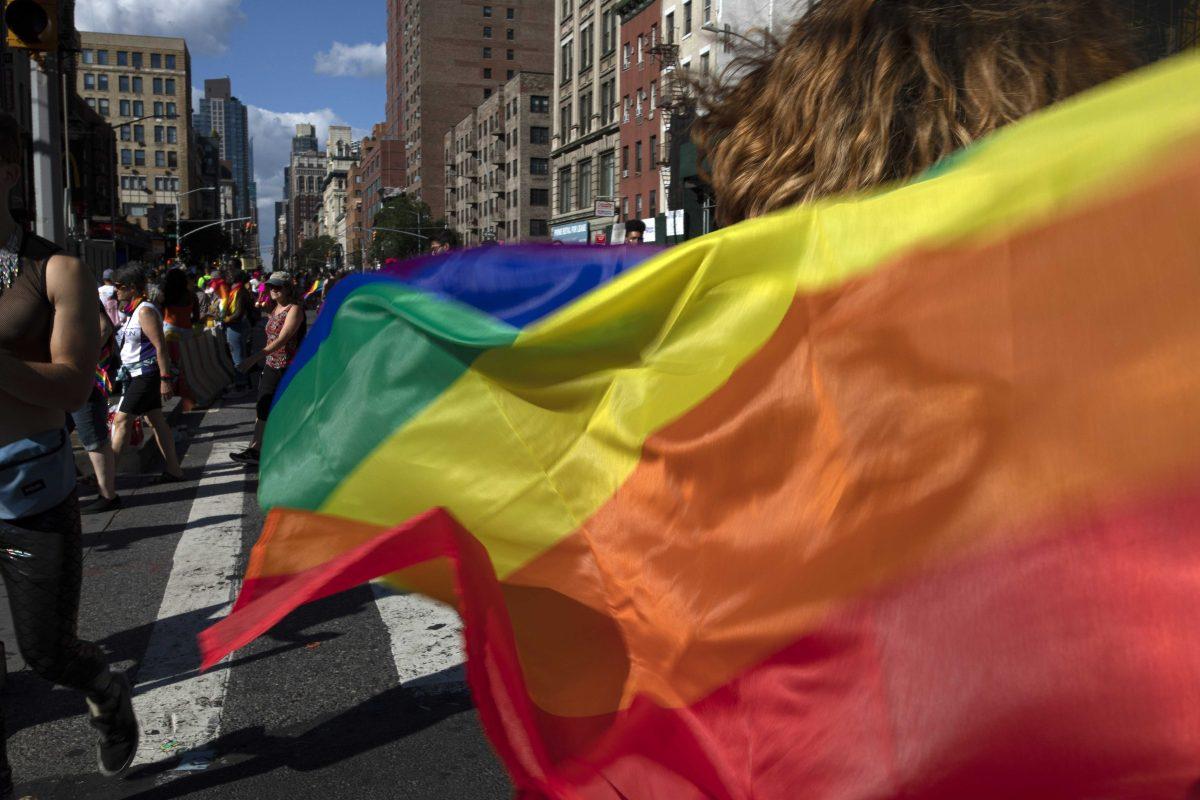Louisiana is a step closer to banning openly gay teachers than so-called conversion therapy. As lawmakers battle out bills at the Capitol, anti-LGBTQ rhetoric is on display while intolerance spikes in legislatures nationwide.
In a highly unusual move earlier this month, Rep. Raymond Crews, R-Bossier City, revived Louisiana’s version of the “Don’t Say Gay” bill with a 55-39 vote on the House floor to move the bill to the never-before-convened Committee of the Whole. House Bill 837, sponsored by Rep. Dodie Horton, R-Haughton, would prohibit teachers from discussing “the topics of sexual orientation or gender identity” in grades K-8 and from discussing their own sexual orientation or gender identity with students through grade 12.
The legislation is similar to a bill that caught national attention in Florida earlier this year.
The bill doesn’t name LGBTQ identities specifically, and it doesn’t have to for its intention to be clear. After all, one could not seriously imagine that Horton intends to prevent a straight female teacher from talking about her husband, announcing her pregnancy to her class or displaying family photos. No, instead Horton propagates a blatantly false, fear-mongering notion: LGBTQ teachers are somehow teaching children to be gay or trans.
The evidence for such a fear is based only on ignorance and intolerance. The same way that all the straight teachers in the world can’t turn a gay student heterosexual, LGBTQ teachers can’t turn straight children queer.
Old-fashioned thinking proposes that if we squash LGBTQ identities as far from the public eye as possible, they will disappear entirely. Instead, all legislation like this accomplishes is further ostracizing a group of children that already experiences higher suicide and bullying rates than their peers. This bill says to LGBTQ children that their identity is something to hide away and repress.
But Horton’s bill is just one piece of the anti-LGBTQ agenda set forth at the Legislature this session.
A bill that would ban trans athletes from competing in girls’ and women’s sports recently passed through the House on a 72-21 vote and is expected to soon reach the governor’s desk.
A similar bill by the same author, Sen. Beth Mizell, R-Franklinton, was vetoed by the governor last year. The legislation became a rallying point for Republicans seeking to override vetoes from the 2021 session, despite the fact that there are no reported trans athletes competing in Louisiana schools.
Gov. John Bel Edwards put it well last session when he called Mizell’s bill “a solution in search of a problem.”
Peyton Rose Michelle, secretary on the board of directors of Louisiana Trans Advocates, said that while it may feel like intolerance is triumphing, LGBTQ advocates have put up a strong fight to pass good bills and stop bad ones.
“I totally understand how those seeing the news can feel like we are sliding backwards,” she said. “That’s what conservatives want queer people to feel. It’s triggering to feel that. But I try not to let conservatives tell me how to feel.”
Louisiana Republicans have resorted to special procedural tricks and veto override sessions to make a boogeyman out of the LGBTQ community. In a state with so many real, pressing concerns — disappearing coastal land, high rates of poverty, low-rankings on almost every indicator of quality of life — these bills beg the question: Why are legislators so eager to waste time on manufactured issues?
Republican legislators would be much better served in their supposed mission to help children by dedicating the time they waste on targeting already vulnerable youth to addressing the material problems Louisiana youth grapple with everyday.
Too many lawmakers weaponize intolerance for headlines and campaign clips. Seldom, if ever, do these legislators exert the same energy to address the 1-in-4 Louisiana children who go hungry, the 26.8% of youth in poverty or the 67.39% of public school children considered “economically disadvantaged.”
Why is more effort afforded for children in imaginary scenarios than for those in real ones?
A possible answer is that the more time legislators spend on concocted culture war issues, the less time they have to spend answering for their failures to turn things around for the people of this state. LGBTQ teachers and students doubtlessly make easier targets for political points than do the lobbies that stuff lawmakers’ campaign coffers.
If legislators want to protect Louisiana’s children, they should spend less time punching down on marginalized groups and more time standing up to moneyed interests.
But the latter path requires courage and honesty far too often absent from the Capitol’s chambers.
Luckily, as Michelle notes, “queer people have power here,” and those who spread hate should be prepared for a mighty fight.
Claire Sullivan is a 19-year-old coastal environmental science and mass communication junior from CT.





